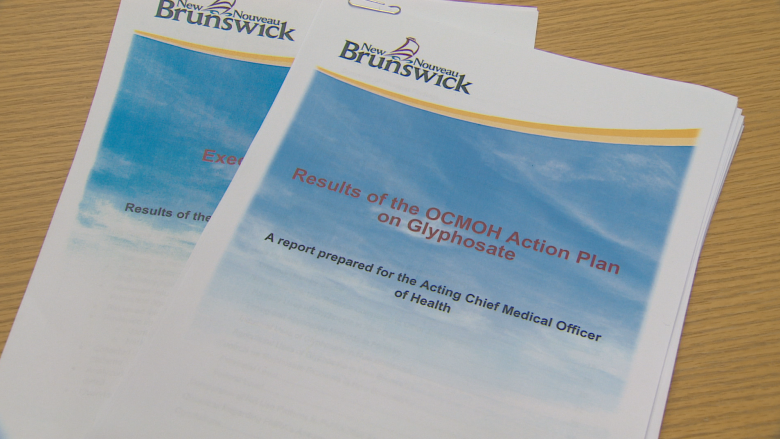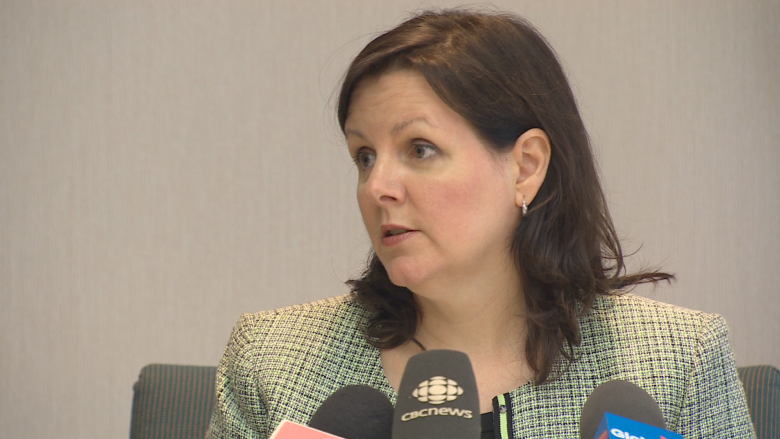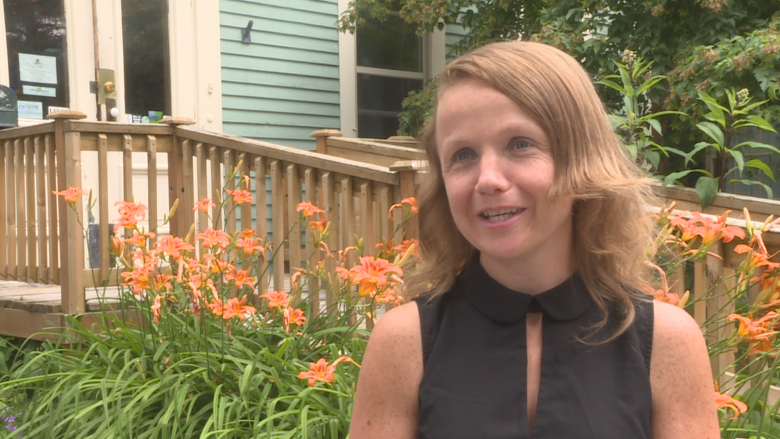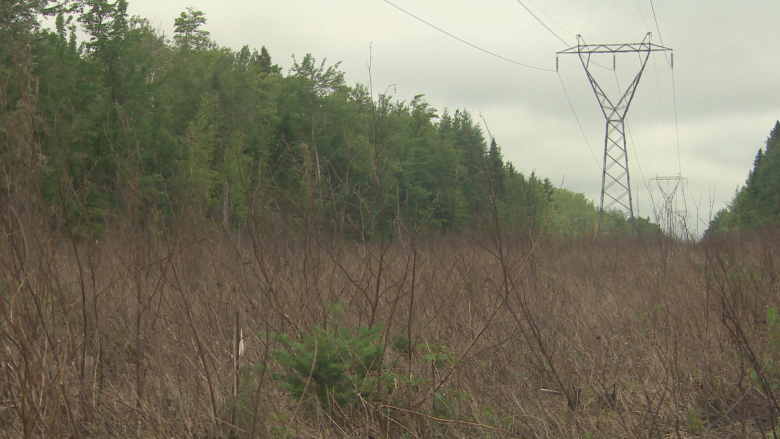Critics, industry respond to glyphosate report
The release of a much anticipated report on the controversial herbicide glyphosate has drawn contradictory responses from industry and critics.
The report, released by Dr. Jennifer Russell, the acting chief medical officer of health, said that while there were still several unknowns surrounding glyphosate, there is no need for more safeguards for those who work with the herbicide or for the general public.
"New Brunswick does have some different use patterns compared to the rest of the world," said Russell.
"But exposures to glyphosate are expected to be similar to, or less than, elsewhere. So no additional actions to protect public health in New Brunswick are warranted at this time."
However, that conclusion is not a satisfying one for several environmental groups.
"There are more socially responsible ways of doing silviculture in our forestry industry," said Tracy Glynn, forest campaign director for the Conservation Council of New Brunswick.
"We need to move towards those 21st century practices," she said.
"It confirms our worst fears that New Brunswick is [using glyphosate], more than any other province, at a more intense rate in forestry," said Glynn.
The report stated that glyphosate usage in the province bucked the trend in comparison to the rest of Canada, due to its heavy use in forestry.
Forestry represented 61 per cent of glyphosate usage in New Brunswick. Industrial usage made up 27 per cent, agricultural use represented 11 per cent and landscaping was five per cent.
The Council of Canadians was also critical of the findings.
"For New Brunswick to conclude that there is no risk is premature," wrote Ann Pohl, the chairperson for the Kent County chapter of the Council of Canadians.
"In fact, the report only says there is no evidence of increased risk of cancer for those working in the forestry spray industry.
"It is also important to note that this report released today does not address the many risks associated with the many other scientifically-highlighted concerns about glyphosate herbicide compounds," she said.
Industry responds
The province's largest forester, J.D. Irving, offered a limited response on the reports findings.
"JDI values the opinion of scientific experts on this issue," wrote company spokesperson Mary Keith.
Forest NB, a forest industry group, voiced support for the report's findings.
"It is important that we have at our disposal the safe and responsible tools necessary to sustainably maintain our forests and remain competitive in challenging global markets," said executive director Mike Legere in an email statement.
NB Power, uses the herbicide to clear foliage from underneath transmission lines throughout the province. It has previously stated the use of glyphosate to maintain those lines is "absolutely necessary."
On Friday, Deb Nobes, spokesperson for NB Power, said the utility would reserve its opinion for now.
"Thanks for the opportunity to comment but we are going to read and digest the report before making any immediate response," said Nobes in an email.
'This changes nothing'
Residents who were at the centre of a spraying controversy remain unconvinced.
Wayne and Cheryl Webb of Wirral, N.B., say they had the glyphosate spray Vision Max drift through their open bedroom window while an NB Power transmission line was being treated.
They say the report does little to sway their opinion of the herbicide.
"There are an awful lot of contradictive reports," said Cheryl Webb.
"So what are you supposed to believe? But I would always believe in the side of safety for my health and my family's."
"This changes nothing."










